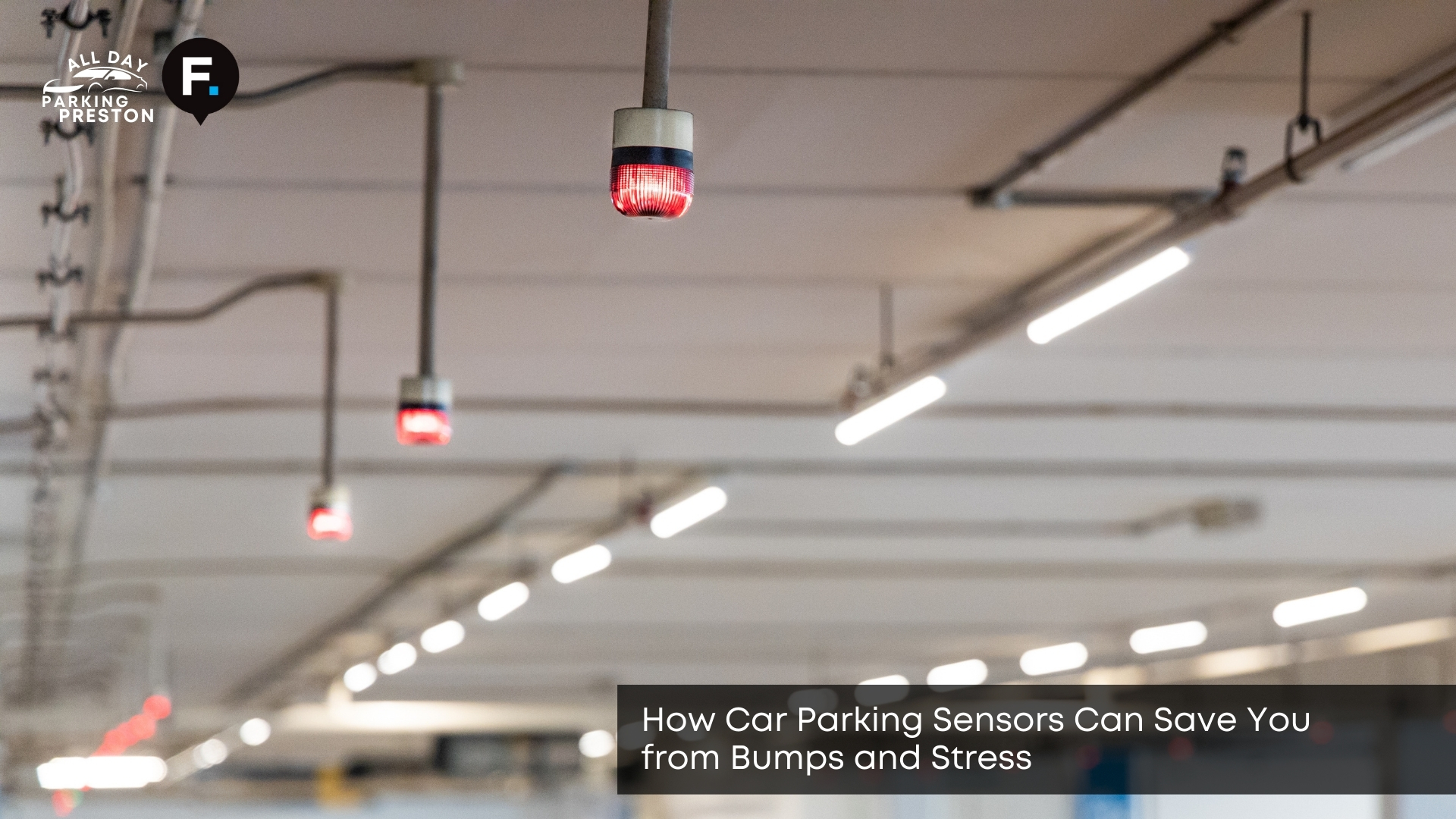Reversing into tight spots and avoiding unseen obstacles can be stressful, especially in busy car parks or narrow streets. Car parking sensors help by providing audio or visual alerts as you approach nearby objects. This small piece of technology can make a significant difference in your confidence and safety. If you’ve ever struggled with parking, this guide will help you see why sensors are worth it.
What Are Car Parking Sensors and How Do They Work?
Car parking sensors are small devices fitted to your vehicle’s bumpers that detect nearby objects and alert you through beeps or dashboard displays. They use ultrasonic or electromagnetic signals to sense distance. As you approach an object, the warnings become more frequent or intense. This technology is built to help prevent low-speed bumps. It becomes especially handy in areas where space is tight.
Can Parking Sensors Prevent Damage?
Yes, parking sensors can prevent minor bumps and scratches by alerting you before you hit anything. Many accidents occur at low speeds while parking, and sensors provide an extra set of eyes. They’re especially useful for avoiding low walls, bollards, or other cars. This not only saves your paintwork but can reduce the risk of expensive repairs. As useful as they are, it’s worth knowing who benefits most.
Who Benefits Most from Using Car Parking Sensors?
Drivers who live in cities, park in tight garages, or are less confident in reversing benefit most from parking sensors. They’re also helpful for elderly drivers or those with limited neck movement. New drivers learning to park find sensors reassuring as well. Even experienced drivers appreciate the added safety. To understand their value more clearly, it is helpful to examine the various types available.
What Are the Different Types of Parking Sensors?
The main types of parking sensors are ultrasonic sensors, electromagnetic sensors, and camera-based systems. Ultrasonic ones beep as you approach an object, while electromagnetic ones offer smoother detection. Camera systems often include sensors and give you a full rear view. Each type offers different levels of feedback, tailored to your specific needs. Choosing the right one depends on your vehicle and your habits.
Are Parking Sensors Better Than Reversing Cameras?
Not always, as they serve different purposes, and many modern systems combine both. Parking sensors are great for detecting things outside your line of sight, while reversing cameras give a full visual. Sensors are quicker to alert you, but cameras provide more detailed images. Combining them offers the best results. Next, we’ll look at what you should consider when installing them.
What Should You Consider Before Installing Parking Sensors?
Before installing parking sensors, consider your car model, your typical parking spots, and your driving habits. Rear sensors are sufficient for most people, but front ones are especially helpful in tight garages. You should also check whether you want factory-fitted or aftermarket versions. Prices and fitting times vary. Once you’ve installed them, it’s important to use them wisely, especially in areas that also benefit from extra security with bollards in high-risk car parks for added peace of mind.
Can You Rely Fully on Car Parking Sensors?
No, you should not rely fully on sensors, as they may not detect very thin or low objects. Sensors are a tool to help you park, not a full replacement for checking mirrors and surroundings. Always stay aware and check visually, especially in busy areas. Trusting your instincts, along with the technology, provides the best safety. That said, it’s also beneficial to understand how these systems help alleviate stress.
How Do Parking Sensors Make Driving Less Stressful?
Parking sensors reduce stress by giving you clear, instant feedback while parking, so you don’t have to second-guess yourself. This boosts your confidence and helps avoid delays or accidents. It also means fewer arguments with passengers about how close you are. Feeling relaxed behind the wheel leads to better driving, especially when combined with easy city parking with All Day Parking Preston that takes the stress out of daily journeys. Keeping your car safer also means long-term savings.
Can Parking Sensors Help Save You Money?
Yes, parking sensors save money by preventing small accidents that lead to costly repairs. Avoiding even one scratch or dent could cover the cost of the system. Some insurers may also offer discounts for cars fitted with sensors. This means the tech pays for itself over time. These savings become even more valuable when you frequently park in busy areas like quick short stay parking in Preston city centre where space is tight and accidents are more likely.
How to Use This Guide to Make the Most of Parking Sensors
This guide helps you understand how car parking sensors work, who they assist, and why they are important. Whether you drive daily in the city or want added peace of mind, sensors offer useful support. With the right type and habits, you can park smarter, safer, and more confidently every day.


Leave a Reply